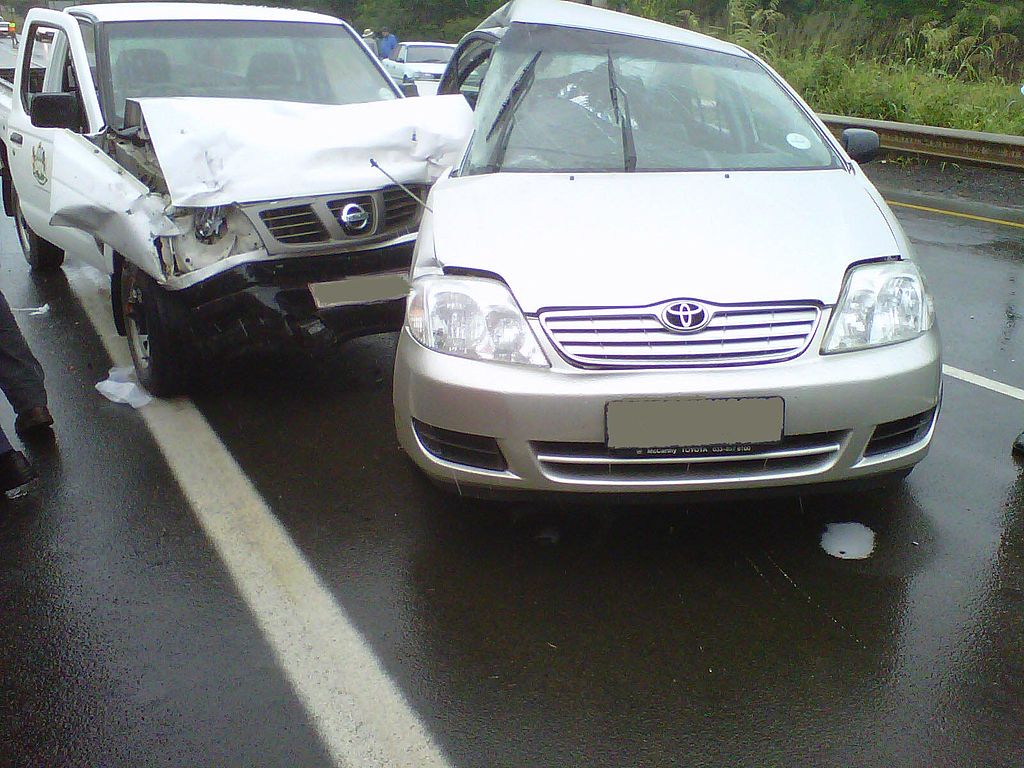Practical Tips to Help You Save on Car Insurance
The law says you can’t drive without car insurance. Now you may be tempted to just get some car insurance quotes from various insurance companies and then purchase a policy with the lowest premium. But that’s not always the smart thing to do – you should get the right coverage for your circumstances.

Nevertheless, there are some things you can do to whittle down what you’ll pay in premiums each month.
- Make sure the insurance company has a good reputation. The reason why lower premiums aren’t the sole factor for picking an insurance company is that some companies aren’t all that good. They may charge lower premiums, but then you may end up paying more in the end if you have to put up with their shenanigans. This includes forcing repair shops to cut corners on repairs and lowballing loss estimates. Some may even raise your premiums unfairly just because you had an accident that wasn’t your fault.
- Always adjust your coverage. It’s a good idea to carry more liability coverage than the state minimum. Still, you may want to drop comprehensive or collision coverage once your car gets a bit too old. If your car is stolen or totaled, the maximum payout you get is the actual cash value of your old car. Don’t get rental reimbursement coverage if you have a used car. If you have an auto club membership, you also don’t need roadside assistance coverage.
- Try to keep a good credit score. Numerous states like North Carolina let insurance companies use credit scores in setting premiums. The reasoning is simple. If you’re responsible with your finances, then you’re probably responsible as a driver. So don’t miss any credit card payments.
- Pick the right car. Insurers can set lower premiums for cars that are highly rated for safety. They can also tell a lot about you by the car you choose to drive. It will cost you more if you get a hot rod, even if it costs the same as a family sedan. You may want to get quotes on different models to see how much more you’ll pay for car insurance.
- Ask if the insurance companies offer discounts for special activities you can do. For example, you may receive a discount if you take a driver-training refresher course or a defensive driving course. If you’re a college student, good grades may translate to lower premiums. You may also get a discount if you put in additional safety equipment and antitheft devices.
- Mention any reduction in your mileage. The number of miles you drive per year will factor into your premium payments. Obviously, the fewer miles you drive, the less of a risk you become. So if you’re undergoing a major lifestyle change that will reduce your driving miles, you should report it to your insurance company and see if you can get a discount. This can happen if you retire or you change jobs and now your workplace is much nearer to your home.
- Don’t break driving laws. This is obvious, but with so many DUI arrests on a daily basis, it’s not as obvious as it ought to be. Don’t drink and drive, don’t go too fast, and always wear a seatbelt.
Get car insurance quotes from other companies so you can determine if you’ll save money when you switch. Sometimes the premiums can just go up each year, but that doesn’t mean you have to pay those higher premiums when you have better options out there.









